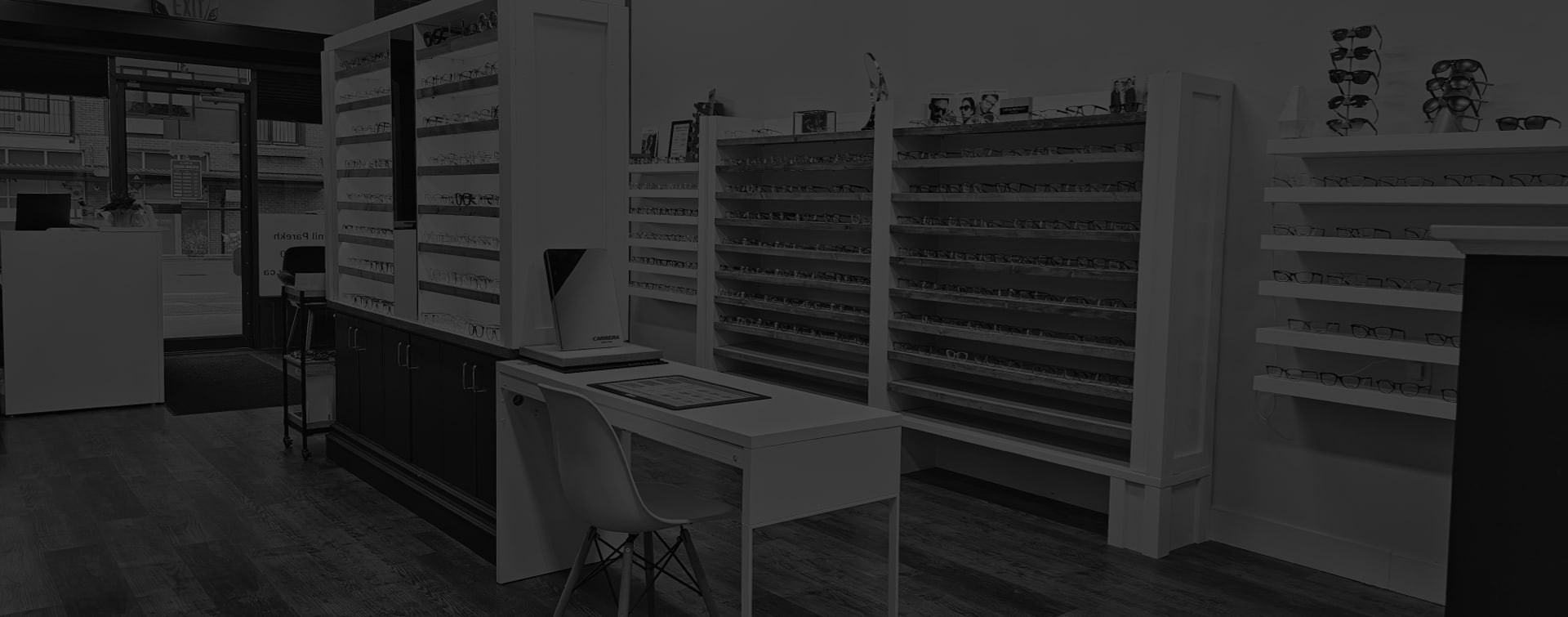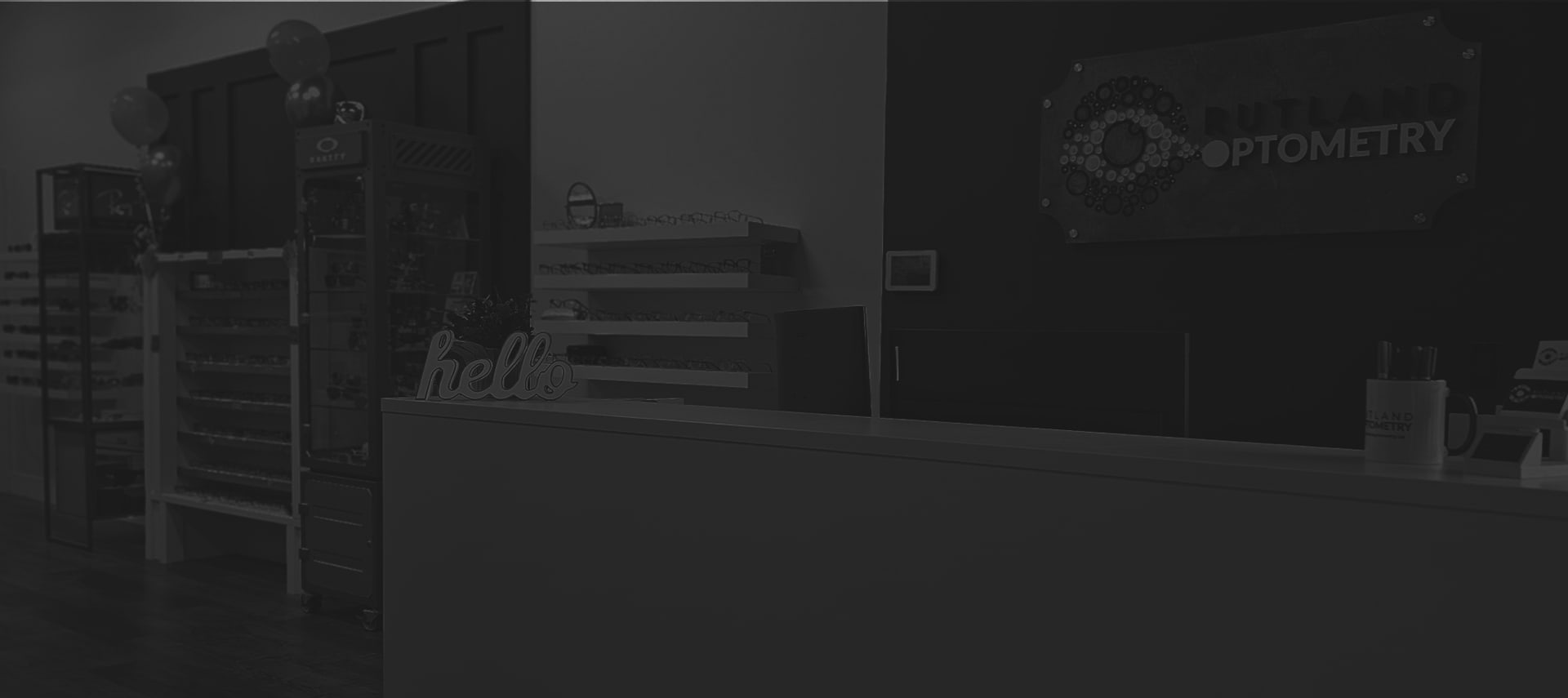Contact lenses can be a great option for achieving clear vision without wearing glasses. If you wear them, you’re aware that there are different types, each with its own replacement schedule. Here at Rutland Optometry, we know it’s helpful to understand how long your specific lenses are meant to last to keep your eyes comfortable and healthy.
There isn’t a single answer to how long contacts last, as it depends on the type of lens you have. The lifespan of your contact lenses depends entirely on the type prescribed during your contact lens exam and fitting. Following the recommended schedule is key to preserving your eye health.
Different Types of Lenses and Their Schedules
Your contact lenses are designed for a specific wear schedule that can range from a single day to a full month. Sticking to this schedule helps keep your vision clear and your eyes feeling good.
Let’s look at some common types, but remember that Health Canada offers detailed information on the different kinds of contact lenses and potential health risks.
Daily Disposable Lenses
You wear these lenses for just one day and throw them away before bed. This means you get to start with a fresh, new pair every single morning. There’s no need for cleaning or storage cases.
Two-Week and Monthly Lenses
These lenses are designed for repeated use over a set period. You remove them each night to clean and store them in a proper solution. You replace them with a new pair after 2 weeks or one month, depending on the type of contact lenses.
Extended Wear Lenses
Some lenses are approved for overnight wear, but it is essential to follow your eye doctor’s specific instructions. This is determined during a specialized contact lens exam, which is different from a routine eye check-up. Even with overnight wear, they still need to be replaced on a regular schedule.
Why Your Lens Schedule Matters
It can be tempting to try to stretch your lenses for a few extra days, but this can lead to problems. Over-worn lenses can affect your comfort and your vision. Adhering to the replacement schedule helps you avoid potential issues. If you ever experience sudden pain or redness, you should seek emergency eye care right away.
When you wear contacts longer than recommended, you may experience:
- Buildup of protein and other deposits
- Discomfort or irritation
- Blurry vision
- An increased risk of eye infections, such as conjunctivitis (pink eye)
Proper Care for Your Lenses
Good habits can make all the difference in your contact lens experience. For a comprehensive guide, the Canadian Association of Optometrists provides excellent wear and care recommendations. A simple daily routine helps protect your eyes and keeps your vision as clear as possible.
Always Wash Your Hands
Before touching your lenses or eyes, ensure your hands are washed with soap and water. Dry them with a lint-free towel. This simple step helps prevent dirt from getting on your lenses.
Use Fresh Solution Every Time
You should never top off the old solution in your lens case; always use fresh solution. Empty the case completely, rinse it with more solution, and let it air dry. Do not use tap water to rinse your case or lenses.
Replace Your Case Regularly
A good rule of thumb is to replace your contact lens case at least every 3 months. This small step helps prevent bacteria from building up inside your case. A clean case is just as important as clean lenses, similar to how properly cleaning your eyeglasses keeps them in top shape.

Glasses and Contacts: Find Your Fit
Deciding between glasses and contacts often comes down to your lifestyle and personal preference. Many people choose to have both so they can switch between them. This gives you the flexibility to choose what works best for you each day.
The Convenience of Contacts
Contacts move with your eyes, which provides a wider field of vision without frames getting in the way. They are a popular choice for sports and other active parts of your lifestyle, with many options available, from soft to hard contact lenses. You also don’t have to worry about them fogging up.
The Simplicity of Glasses
Glasses are easy to put on and take off, and they require less daily cleaning than most contacts. They also let your eyes breathe and can be a fun fashion accessory. You can change your look simply by changing your frames, and there are numerous benefits to purchasing glasses from your optometrist to help ensure a perfect fit.
Lenses for Every Stage of Life
Your vision needs can change over the years. Conditions like dry eye or presbyopia, the natural change that makes you need reading glasses, might mean your current contacts are no longer the right fit. The good news is that contact lens technology has options for almost everyone.
Your optometrist can help you explore new possibilities for your vision correction at any age. A conversation about your lifestyle and vision goals can help find a solution that works for you. There may be options you haven’t considered. Finding the right contacts starts with a conversation about your eye health and lifestyle. The team at Rutland Optometry can help you understand your options and find a comfortable fit. Book an appointment today to discuss what type of contact lenses are right for you.















